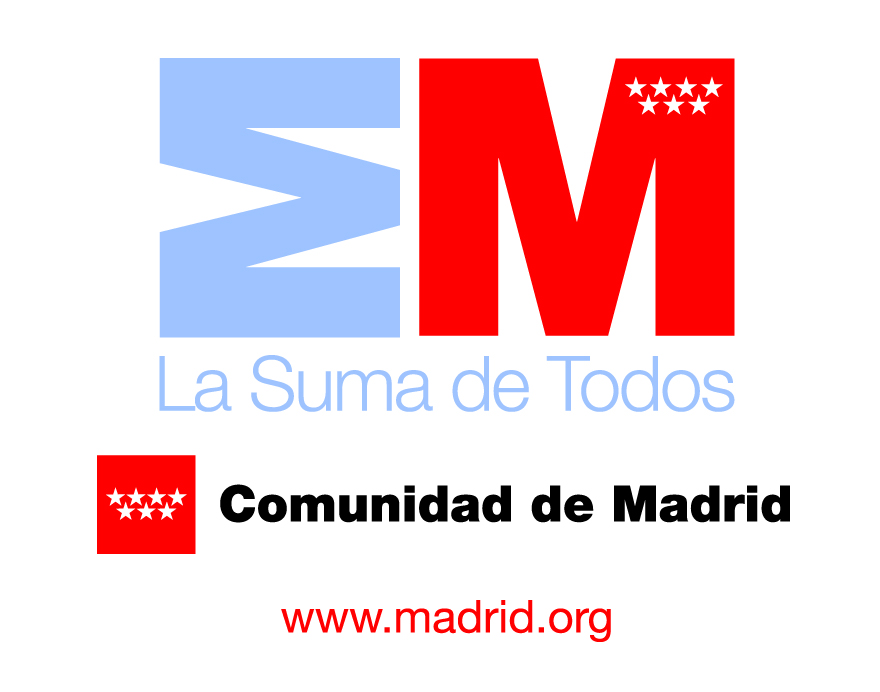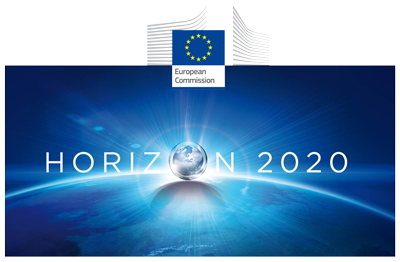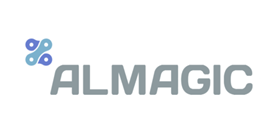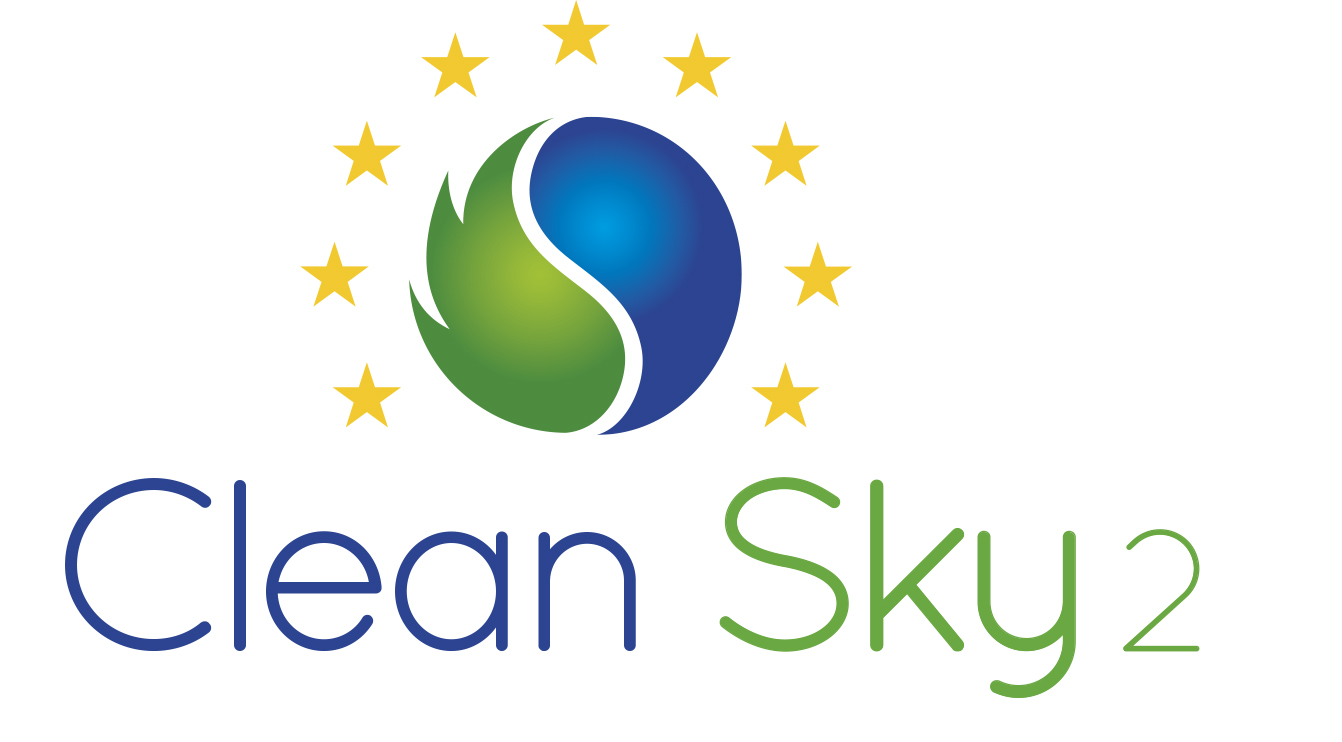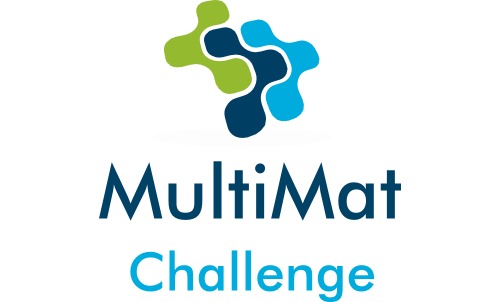Projects
R+D+i projects
HARMONI: Health-care Advanced Regenerative Materials for Orthopaedic Next-generation Implants
Funding body: Una Europa. SF2509
Advanced processing of materials is providing new opportunities for next generation medical devices. Tailored bioengineering solutions for patients with complicated clinical picture who need implants can be delivered with additive manufacturing of alloys, followed by their hybrid surface modification, functionalization and screening in-vitro prior to bio-validation in-vivo. This consortium aims to cover the value chain for the fabrication and implementation of resorbable (zinc and magnesium-based alloys) and permanent implants (titanium-based and high entropy alloys). The dissemination and involvement of medical professionals (doctors, CEO of hospitals, etc.) is going to be pursued with the aim of creating a multidisciplinary network with complementary knowledge and skills. This will guarantee novel solutions to age- and genetic-related problems in the field of orthopedic implants and underpin applications for challenging funding opportunities not only at the European level but also worldwide.
Partners:
UCM, KULeuven, TUDelft, Edimburgh University, Jangelonian University
Sustainable 3D Printing Solutions and Surface Engineering for Magnesium and Titanium Alloys (2025-2028)
Funding body: MICIU, PID2024-158719OB-C33 (MICIU/AEI/10.13039/501100011033/FEDER, UE)
SUPREMETAL is focused on sustainable practices in laser powder bed fusion (LPBF) and indirect additive manufacturing via material extrusion (MEX). SUPREMETAL prioritizes magnesium powder reuse and recycled titanium, integrating thermodynamic and kinetic simulations to mitigate issues such as impurities and oxidation, ensuring improved process control, material quality and sustainability. To enhance performance, the project integrates innovative surface engineering strategies. These include laser post-processing, eco-friendly anodizing for aerospace, self-healing hybrid coatings for transport and bioactive functionalization for biomedical applications. Sustainable solutions emphasize green corrosion inhibitors, eco-friendly additives and biodegradable polymers, combined with technologies like sol-gel processes, layered double hydroxides and plasma electrolytic oxidation.
SUPREMETAL aligns with three areas of intervention within the Advanced Materials and New Manufacturing Technologies line of Priority Topic 5, Industry (PEICTI 2024-2027): i) Sustainable materials, ii) Advanced manufacturing methods and technologies, ii) Smart and functional materials.
PROMETIA-Sustainable Processing of Metallic Materials via Additive Manufacturing and Artificial Intelligence (2024-2027)
Funding body: AEI-MCIN-CDTI, PLEC2023-010346, TransMisiones 2023
PROMETIA goals are summarized as follows:
(1) To promote reuse and new recycled materials in the context of additive manufacturing. This will reduce environmental impact, broaden the range of printable materials, and ultimately provide a more sustainable approach to additive manufacturing, achieving a reduction of over 90% in environmental impact for some materials.
(2) Implementation of artificial intelligence tools in the manufacturing value chain. This solution will cut production times, reduce the learning curve of hired personnel, maximize energy efficiency, enhance recycling and reuse of raw materials, streamline inspection processes, and predict mechanical performance and corrosion resistance.
SUPERCOIN-Sustainable high performance coatings for protection of metals in industrial applications (2023-2026)
Funding body: MCIN, AEI, NextGenerationEU/PRTR, CPP2022-009764, Proyectos I+D+i en «Colaboración Público-Privada»
SUPERCOIN project offers sustainable waterborne-based products with low energy consumption and CO2-footprint compared to powder coatings and solvent-based ones among other advantages. Initially, these promising binders (already patente) were developed for mild steel reaching a technology readiness level 5 (TRL 5). Within SUPERCOIN such technology is going to be extrapolated for metals such as Zn-coated steel and Al- and Mg-based light alloys. Further, tailored waterborne binders are going to be developed for each metal and validated in relevant/operational prototypes (TRL 6-7) and complete systems (TRL 8). Although the main idea is to produce unique binders (as single laery) having outstanding corrosion resistance and adherence properties, bilayer systems and/or the formulation of paints are also going to be developed within SUPERCOIN.
Finally, although it is expected to reach TRL 8 for structural applications in civil engineering, general industry and transportation, the idea is also to reach TRL 7-8 for other industries such as aerospace and consumer products.
Additive manufacturing and smart surface engineering of magnesium (2022-2024)
Funding body: MICIU, PID2021-124341OB-C22 (MCIN/AEI /10.13039/501100011033/FEDER, UE)
The main objective of ADIMAG is to develop AM Mg alloys and smart environmentally friendly surface technologies specifically designed for transport and biomedical applications. The project will deliver rational use of raw materials with reduced energy losses, processing times and costs in combination with added surface functionalities such as active protection, bioactivity and smart drug release. This will contribute to the transition towards climate neutrality and digital leadership as change accelerators, thus reinforcing the strategic autonomy of the industry in regards to materials and manufacturing technologies. Therefore, ADIMAG is aligned with the Strategic Line “New materials and fabrication techniques” (Thematic Priority 4, PEICTI 2021-2023) and with Cluster 4: Digital, Industry and Space (Pillar II, Horizon Europe).

